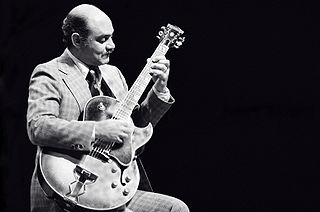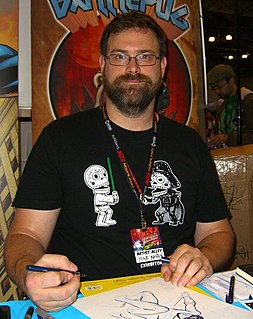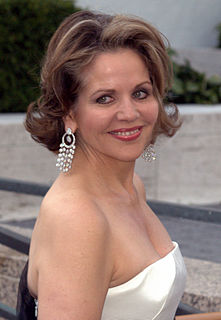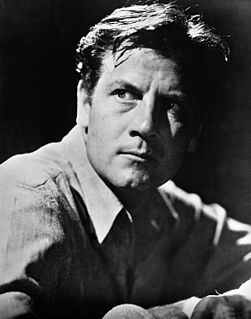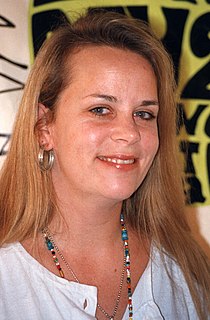A Quote by Ben Kingsley
You need particular note or rhythm in the symphony to be that minor key, or that sharp key or major chord. In musical terms, I try to hit the right note. But not alter the score of the music, just emphasize the note correctly.
Related Quotes
The amazing thing about the cistern is that, if you're improvising in a dead room, you play your note and then you're left with your thoughts and you have to be really quick on your feet and be able to move through many different musical thoughts seamlessly. Improvising there is just, like, you play a note and then you had at least ten seconds to think, "What would be the perfect accompanying note to that?" And then you could add that note. You can just build this puzzle that was really amazing.
For a second we just stand there in silence. Then, suddenly, Alex is back, easy and smiling again. “I left a note for you one time. In the Governor’s fist, you know?” I left a note for you one time. It’s impossible, too crazy to think about, and I hear myself repeating, “You left a note for me?” “I’m pretty sure it said something stupid. Just hi, and a smiley face, and my name. But then you stopped coming.” He shrugs. “It’s probably still there. The note, I mean. Probably just a bit of paper pulp by now.







